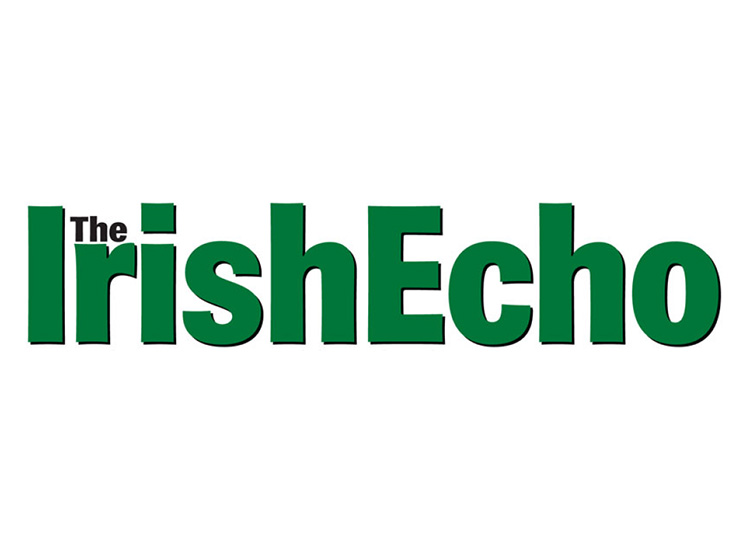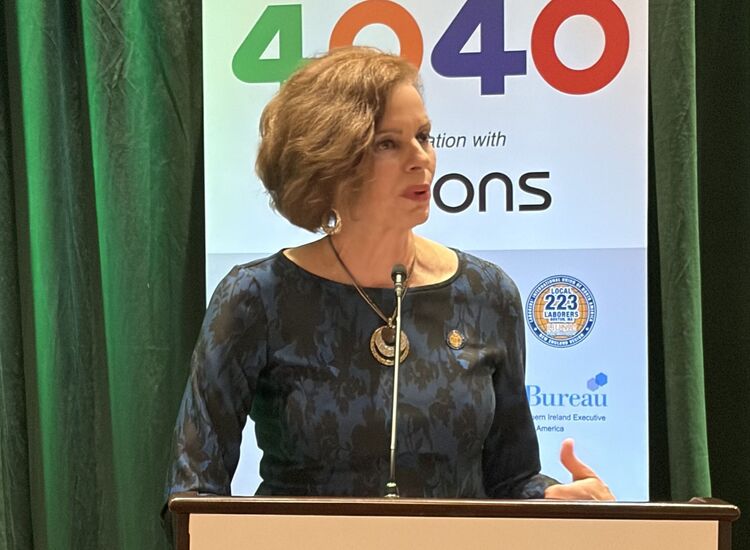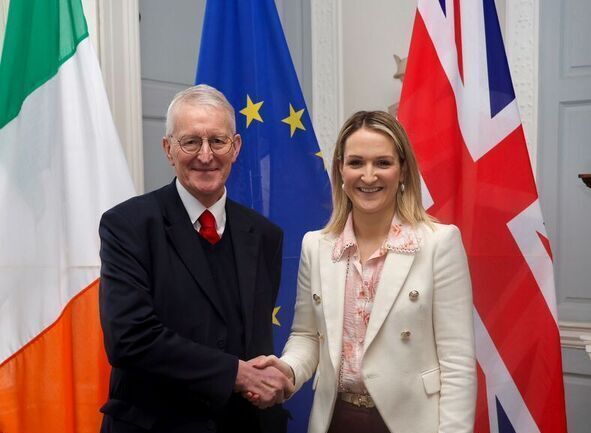By Peter McDermott
The Irish government is hoping that the huge interest worldwide in the 1901 and 1911 census returns online -- more than 9 million visitors -- will translate eventually into tourism revenue.
Whether it does or not, professional genealogists are not at all surprised by the popularity of the century-old census returns that the official website describes as a "very valuable part of the Irish national heritage."
Said the County Wicklow-based Paul Gorry: "It's important to remember that these records are entirely free, unlike most genealogical records now online."
He added that the returns are very popular within Ireland itself because they're relatively recent as genealogical documents go and many families have retained some information in the few generations since the turn of the last century. It's believed, though, that most visitors so far have been from England and the United States.
The process of making the material available online began with the 1911 returns three years ago. The digitization was finally completed within the last few months.
Gorry, a former president of the Association of Professional Genealogists in Ireland, said the online version of the 1901 and 1911 Censuses are easy to access and generally user friendly.
"You can search for an individual under forename / surname or browse by location," he said. "It's important to remember that the names are entered into the database exactly as they appear in the returns, so if Margaret Dempsey wrote her name 'Magret Demsy' she'll appear as such. You also have to allow for errors in transcription. So, using an asterisk (*) to represent one or more missing letter is the best way to search. Under Surname 'Dem*' and under Forename 'Ma*g*r*t' should get you all the Margaret Dempseys no matter how they're spelled.
"The 'More Search Options' tab is often overlooked," he continued. "It can help narrow down the results if, for instance, you know your Margaret Dempsey was born in County Carlow or you know John Murphy was a butcher."
It helps to have more information than just names. "You could easily fix on the wrong family if you don't have identifying information," Gorry continued. "Every family had a Mary, John, William and Catherine, for example. Unusual names or occupations or exact addresses will help find the right people."
In addition to the quest for one's own roots, the 1901 and 1910 Censuses can yield other rewards. "It's great to browse and look at the circumstances of the various families even if they're complete strangers to you. Browsing a location you're familiar with is more interesting again.
"One problem people have is not knowing the relevant DED [District Electoral Division] - as that's how it's arranged, rather than by parish - or expecting the townland name [the smallest geographical unit of which there were 60,462 in 1911] to be spelled exactly as it was spelled locally. The asterisk comes into play there again," Gorry said.
Officials in Dublin have made various international arrangements with their counterparts in other cities to make the website as comprehensive as possible. It says, for example: "We have reached agreement with the Public Record Office of Northern Ireland to become involved in the project, and to contribute some of their extensive Canadian-related holdings to the website."
The Department of Tourism, Culture & Sport has also extended the free-of-charge policy to church records. It hosts a genealogy website that contains a searchable database of church records of baptism, marriage and burials for Dublin City and Counties Carlow, Cork and Kerry.
"The website is an important aid to family history and genealogical research and will be an attraction for the Irish diaspora to visit Ireland in search of their roots," predicted Minister Mary Hanafin.
For the 1901 and 1911 census returns go to www.census.nationalarchives.ie. For more information about Paul Gorry and his colleagues go to www.apgi.ie.









